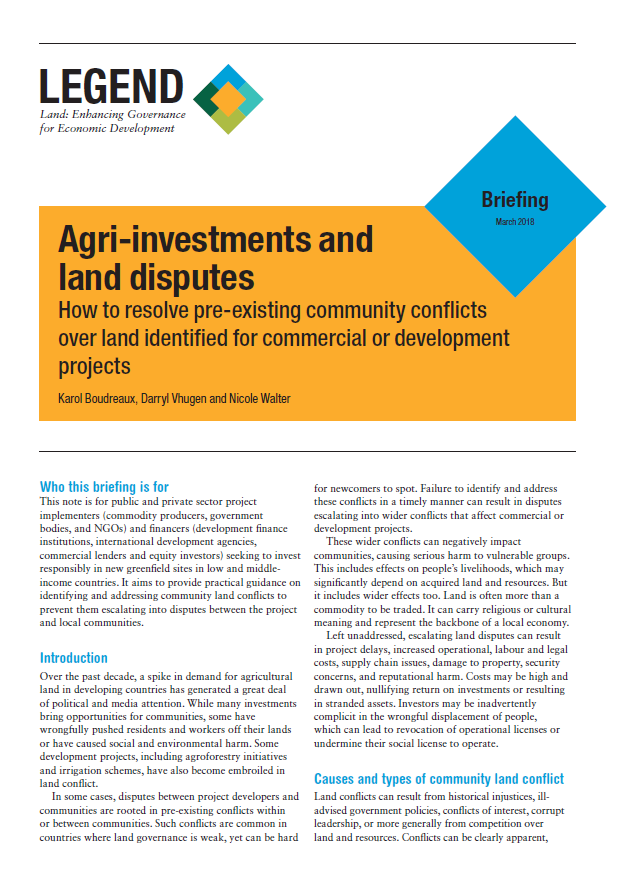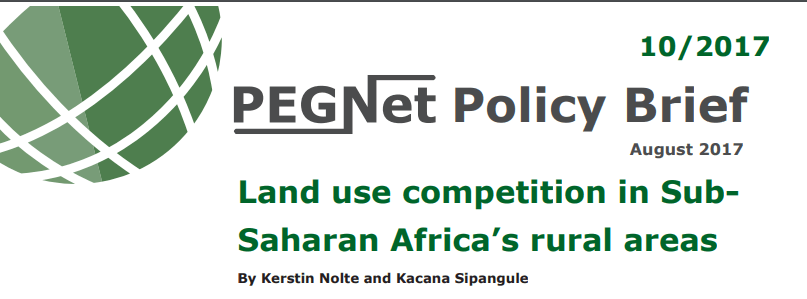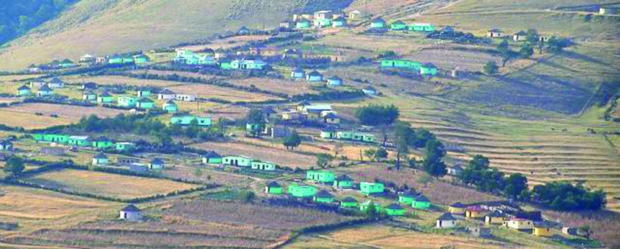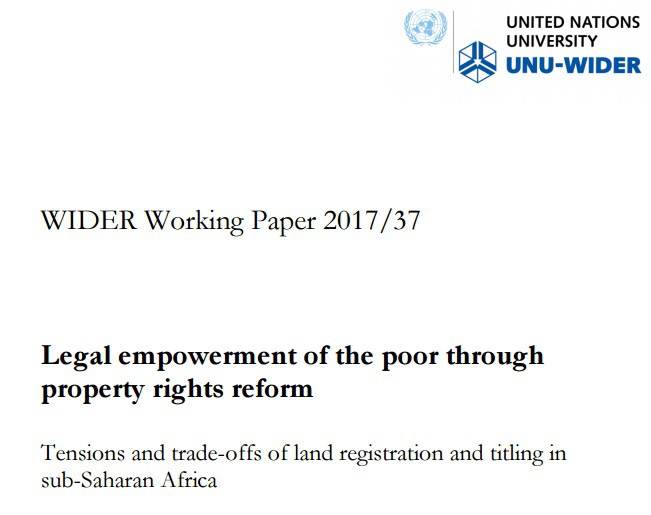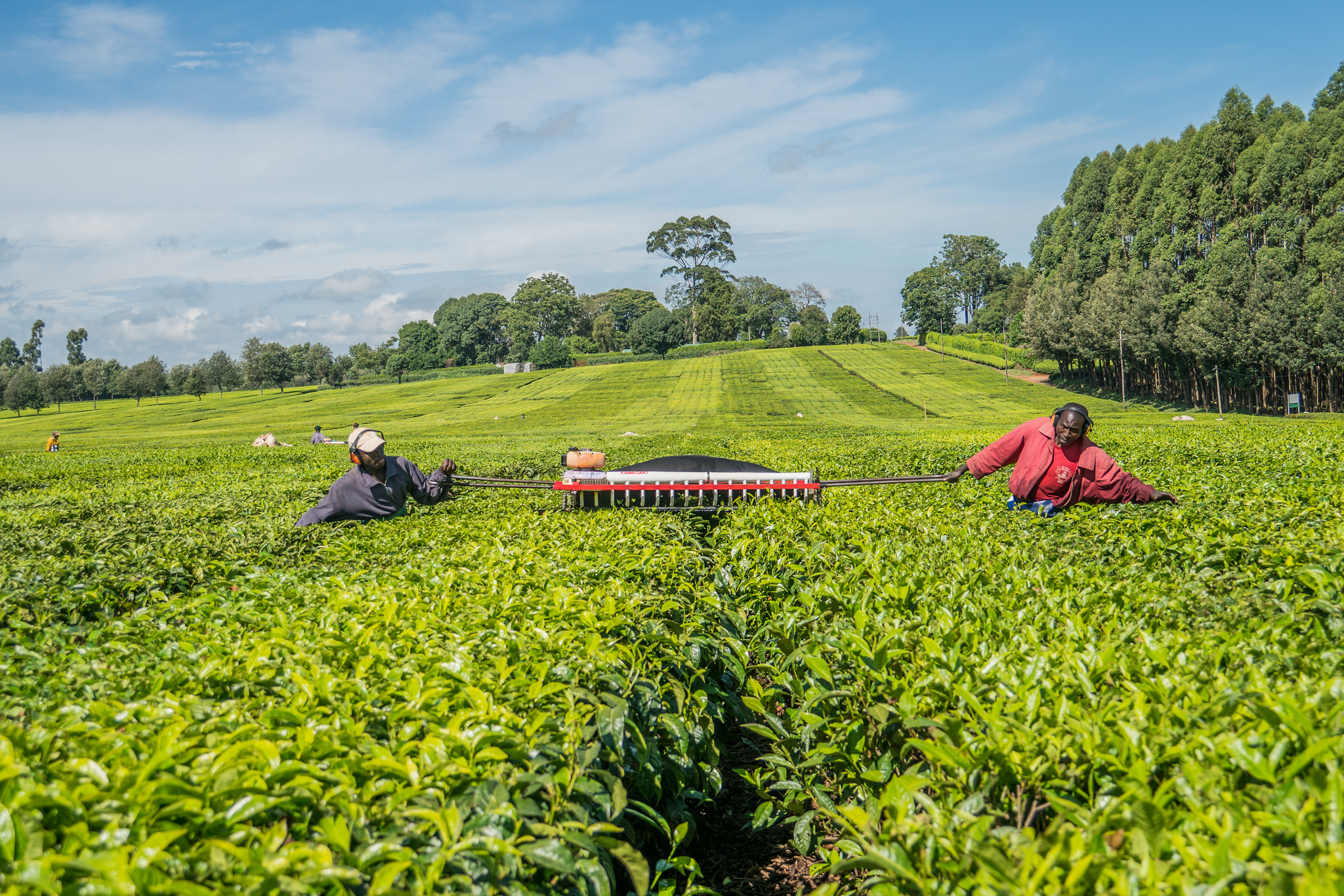Agri-investments and land disputes - How to resolve pre-existing community conflicts over land identified for commercial or development projects (Briefing note)
This note is for private sector project implementers and financers (development finance institutions, international development agencies, commercial lenders and equity investors) seeking to invest responsibly in new greenfield sites in low and middle- income countries. It aims to provide practical guidance on identifying and addressing community land conflicts to prevent them escalating into disputes between the project and local communities.

